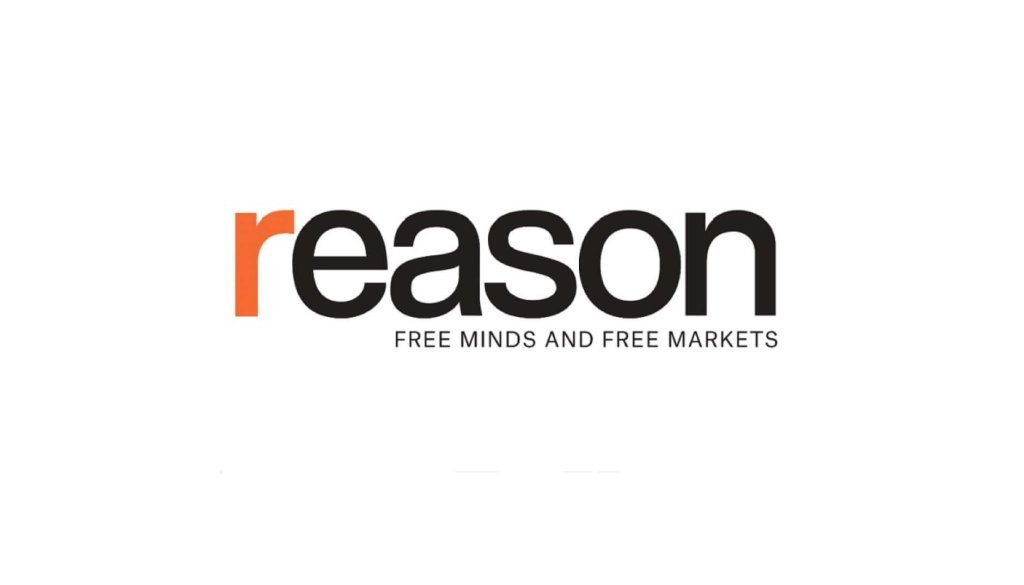Death to Big Bird
Senate approves cancellation of public broadcast funds: This is possibly the only kind of cancellation I can get behind!
Early this morning, the Senate voted 51–48 to remove $9 billion allocated for foreign aid and public broadcasting at the behest of the White House. Roughly $8 billion is for foreign aid, while roughly $1 billion will be cut from the Corporation for Public Broadcasting, which funds both NPR and PBS. Two Republicans—Sens. Susan Collins (R–Maine) and Lisa Murkowski (R–Alaska)—voted in opposition to the rescission bill.
“If the rescission bill ultimately makes it through Congress and President Donald Trump signs it, then Republicans will turn all the drama surrounding Elon Musk and the Department of Government Efficiency (DOGE) into a meaningful, if small, reduction in federal spending,” writes Reason‘s Eric Boehm. But these cuts, he notes, are just easy, palatable ones that will curry favor with the Republican base; they’re marginal tweaks that avoid grappling with entitlement spending or anything that would actually have a bigger impact. “We’re a long way from the $500 billion rescission request that Sen. Rand Paul (R–Ky.) originally sought,” adds Boehm, “and even farther from the $2 trillion in cuts that the Trump administration (with help from Musk, back when he was on the inside) promised to deliver.” Still, it’s a start.
“When the private sector doesn’t provide an important service, the government often steps in,” writes The New York Times‘ editorial board, arguing against the cuts to public broadcasting. “That is why the framers established the U.S. Postal Service; they believed no one else would deliver the mail to the entire country. Many places in America, especially in rural communities, would not have a library without public funding.”
“If the rescission bill becomes law, hundreds of cities and towns, especially those outside major metropolitan areas, will be affected,” continues the editorial board. “Nearly one in five NPR member stations could close down without federal funding, one analysis found. Listeners in the Midwest, South and West would be the hardest hit, becoming less informed about their communities.”
Such arguments are weak in a pluralistic media environment. You do not need state provision of Sesame Street. You can get newer seasons for free on YouTube, or access the rich archive from the ’70s and ’80s via HBO Max (or via some YouTube spelunking). Other shows have emerged since Sesame Street’s inception in 1969 that teach kids similar lessons. Now, the issue is not that kids have too little access to educational shows, but rather that many of them spend too much time watching screens.
Local news is in decline because there are natural limitations on how large the market can be, because sometimes there’s just not that much stuff happening, and because sometimes the qu
Article from Reason.com

The Reason Magazine website is a go-to destination for libertarians seeking cogent analysis, investigative reporting, and thought-provoking commentary. Championing the principles of individual freedom, limited government, and free markets, the site offers a diverse range of articles, videos, and podcasts that challenge conventional wisdom and advocate for libertarian solutions. Whether you’re interested in politics, culture, or technology, Reason provides a unique lens that prioritizes liberty and rational discourse. It’s an essential resource for those who value critical thinking and nuanced debate in the pursuit of a freer society.




